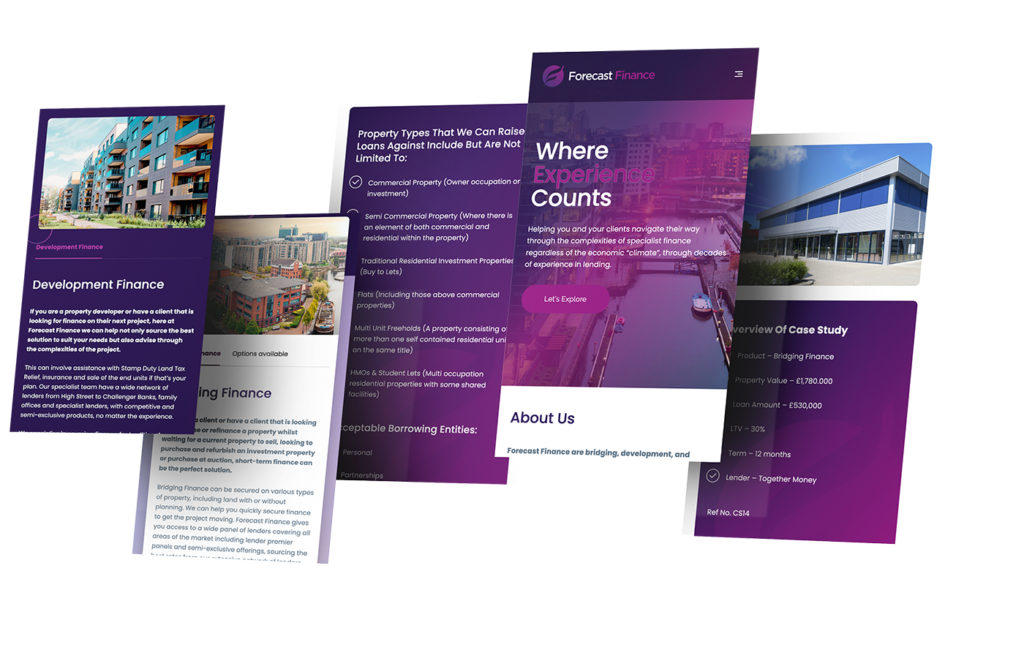Discover how search engine optimisation works, and why it is crucial for your business success:
When looking for a new product or service, most people’s first port of call is Google.
According to 2024 figures from Semrush, Google processes about 5.9 million searches every minute, totalling approximately 8.5 billion searches every day.
That’s a lot of traffic, and you want your business to show up when people search things relevant to you. Read on to find out what SEO is, how it works, and why it is crucial for your business success.
WHAT IS SEO?
Simply put, SEO is the process of optimising the digital presence of your business to increase traffic from search engines. It is adapting your website, blog posts, and online strategy to help you show up when relevant customers search for the services or products you provide.
There are a lot of technical processes and SEO jargon that go into building an SEO strategy, but on a basic level, the aim is to use language and produce content that is relevant to your target audience. You can do that in several ways, but the aim is the same: get as high as you can on Google.
The downside is you are always competing against countless other businesses in the search for that number 1 spot, and you may need to constantly adapt your strategy to be successful, especially when it comes to SEO for small businesses.
For more information on what SEO is, including a detailed breakdown of the different types of SEO, read our blog titled “What is SEO? Search Engine Optimisation Basics.”
HOW DOES SEO WORK?
SEO works by prioritising relevant and engaging content to users whenever they enter a search term. Search engines do this through a complex, three-step process:
1. CRAWLING – Using artificial intelligence and bots, search engines are constantly scanning the internet to discover new and updated content.
2. INDEXING – This content is stored and organised on a huge database known as the index, which helps the search engine understand and categorise your new copy.
3. RANKING – Using a huge variety of factors including relevance, domain authority, the user experience, and freshness, the search engine will decide where to place your webpage in the search rankings for a user’s query.
The aim for any business is to appeal to the search engine’s analysis tools and convince it that your website should be top of the results page for certain search terms.
HOW CAN I IMPROVE MY SEO RANKING?
There are several proven ways to improve your SEO ranking, helping you to appear further up the search rankings and bringing in more traffic to your website and business.
As an SEO agency in Birmingham, here’s what we like to prioritise when working with you to create a comprehensive SEO strategy:
1. IDENTIFY AND TARGET RELEVANT KEYWORDS
Targeted Keywords are arguably the most important aspect of search engine optimisation. They are essentially a list of core phrases that your audience are searching for, giving you a clear set of words that need to be incorporated into your fresh copy.
By including titles and headers that exactly match what your audience want to know and by including key search terms in your copy, you can show Google that your page is relevant to your audience.
2. OPTIMISE FOR FEATURED SNIPPETS
Have you ever searched something only to find the answer featured on Google, rather than needing to open a separate website? That is a featured snippet, and they are crucial for SEO. They provide quick answers without needing to click a link, becoming more relevant with the rise of mobile and voice search.
Approximately 8.6% of all clicks on a search term go to the featured snippet, as users often click through to learn more after seeing a satisfactory snippet, which can hugely boost your business traffic.
3. UPDATE OLD PAGES
Once you’ve made a blog post or a new webpage, don’t neglect it. You should continually update your website to keep it current and relevant as it is essential for maintaining rankings and retaining your audience.
Regular updates help keep your content fresh, which is one of the main considerations for search engines when ranking your content and can also help you update your keywords when needed.
4. CLUSTER YOUR CONTENT
Google aims to organise information and make it accessible, so structuring your website in a logical way can help to boost visibility. You could do this by creating ‘pillar’ pages as information hubs, which then links out to subtopic pages to help your audience (and Google) find more specific information easily.
For instance, a general service page could provide an overview of your offering while linking to pages that explore your different services in detail.
5. FOCUS ON VOICE SEARCH
It is estimated that search engine users make a total of around a billion voice searches every month. To have your website featured in a voice search answer, consider optimising your content for voice queries and long-tailed keywords that reflect natural speech.
6. ADD VIDEO CONTENT
Video is more important than ever, especially short form content given the rise of TikTok, Instagram Reels, and YouTube Shorts over the last few years.
Effective video SEO involves proper markup (title, description, thumbnail URL) and adding transcripts to describe the content, and the videos should be relevant to the page that they are located on. Google can identify your videos and promote your content, helping to increase visitor engagement and the user experience.
7. IMPROVE PAGE LOAD SPEED
Another aspect of SEO that is often overlooked about is the technical SEO, with the most important of this being the load times of your website. If you don’t optimise your website and it takes several seconds to load, you will lose impatient users who will simply find their answers somewhere else – and Google knows this.
Make sure your images aren’t too large and you are always undertaking website development to keep your site running at peak performance.
TODAY’S
MARKETING
DEMANDS
MORE
IS YOUR TEAM READY?
Boost skills and confidence with expert-led masterclasses tailored to your goals.
Download our brochure to explore our full range of training options.
GET IN TOUCH WITH OUR DIGITAL AGENCY FOR SEO SUCCESS
Business growth is led by strong marketing strategies, including SEO strategy, which helps you generate leads and build your customer base.
Using comprehensive SEO tools, our team of experts will work closely with you to determine an effective SEO strategy utilising effective keywords, fresh content, local search strategy and more to help you boost your income.
Get in touch today to find out how our search engine optimisation agency and content marketing experts could help your business!




















